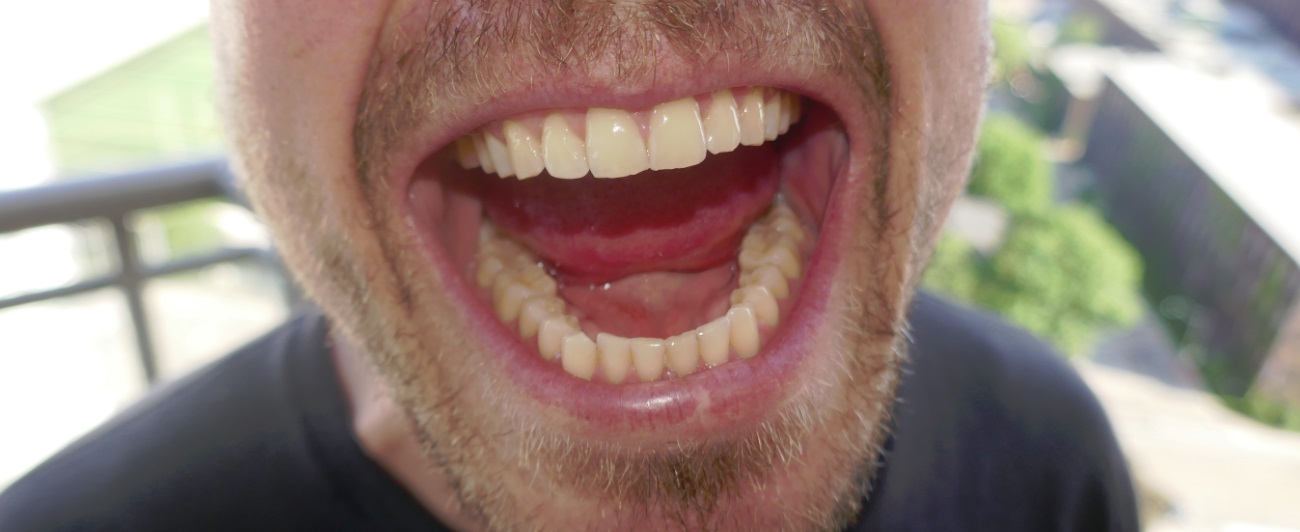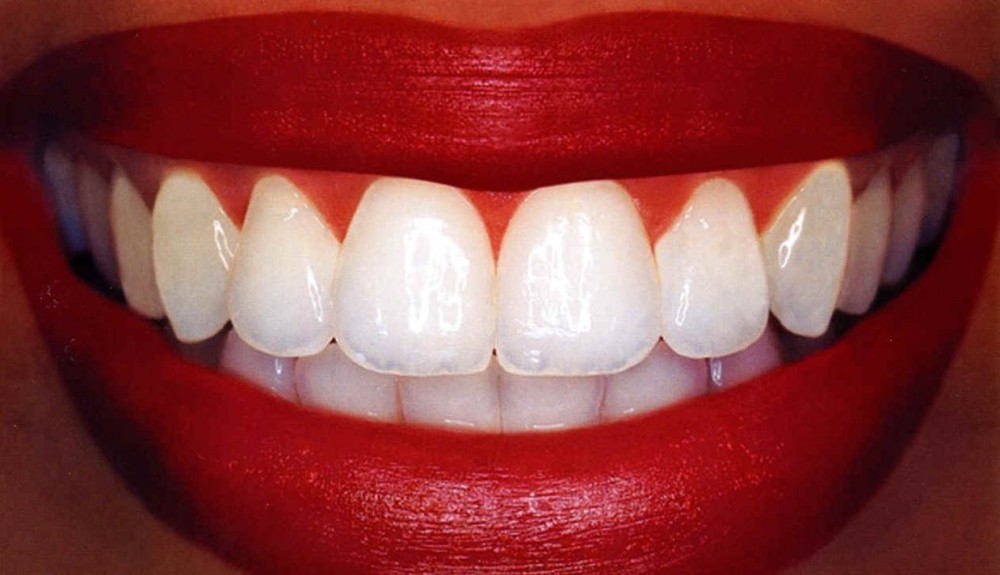
Of all the things you have to adjust to with dentures, learning how to talk and eat around them are probably the most difficult. Here are some tips and suggestions on how to eat well and comfortably with false teeth. Avoid Difficult to Eat Foods
This is especially important when you’re just learning how to eat with dentures, but foods like nuts, steaks, and strawberries can be particularly difficult to chew. It’s also best to avoid sticky foods like peanut butter, honey, and marmalade as they can stick to your dentures (making them not only difficult to eat, but your dentures difficult to clean).
Try sticking to soft foods and remember to take small bites. Foods like eggs and yogurt and fruits like watermelon and grapes are a good starting point (make sure both are seedless!)
When you chew, take small bites, chew slowly and use both sides of your mouth at the same time to stop your dentures from sliding forward or moving around in your mouth.
Make Sure your Dentures Fit Properly
If you experience any pain or discomfort when eating, go see your dentist as soon as you can. Dentures that don’t fit properly (whether they’re too loose or too tight) will hurt your mouth as you eat and make your gums sore. You should never dread a meal because you’re worried about denture pain!
Be Aware of how Dentures Affect your Ability to Detect Hot and Cold Foods
Since dentures (particularly upper ones) cover some of your taste buds, your ability to taste and distinguish between extremely hot and extremely cold foods will likely be lessened. Just because you don’t feel the pain from a very hot slice of pizza or a very cold scoop of ice cream doesn’t mean your body’s not being affected by it. You should also be extra careful not to injure your gums by accident when eating anything difficult to chew or with bones.
Clean your Dentures Regularly and Thoroughly
Your dentures are an extension of your mouth, so they absolutely need to be taken care of like your regular teeth. You should brush them at least twice a day with a toothbrush and a cleaning agent made specifically for dentures.
Another good idea is to use warm salt water to rinse out your mouth every time you’ve eaten or are about to take out/put in your dentures. Store your dentures in water or cleaning solution and use an effervescent denture cleaning tablet to keep odours and bacteria at bay.Remember to visit your dentist twice a year, and let them know the moment you feel discomfort with your dentures.








 Check out
Check out 